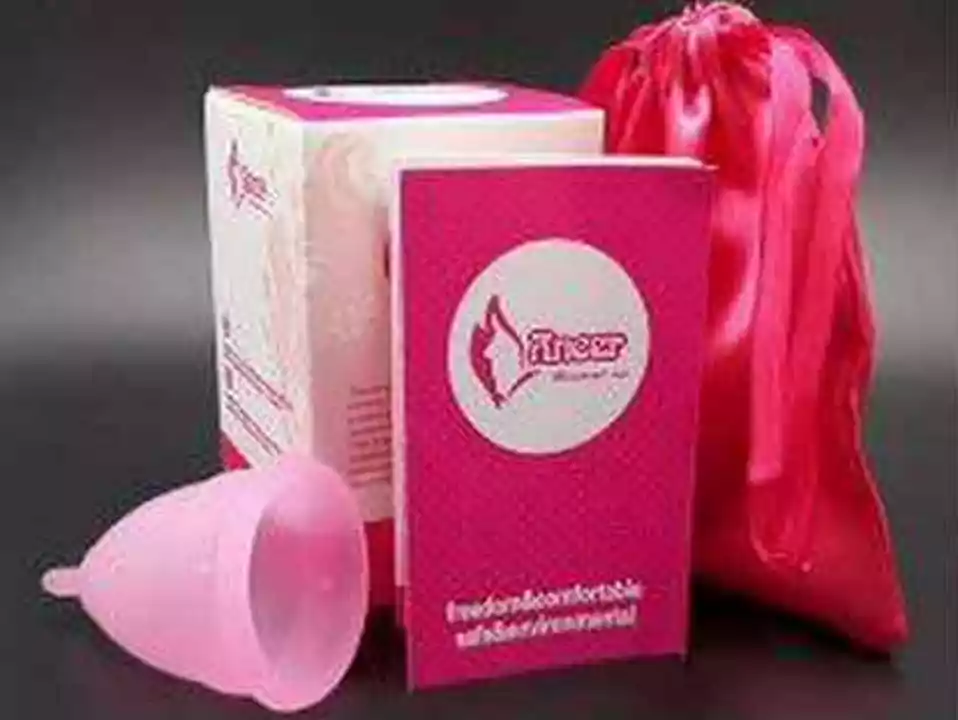Vaginal irritation: what causes it and how to feel better fast
Vaginal irritation can be itchy, burning, or painful — and it’s annoying. Most of the time it’s caused by common problems you can treat or prevent. This short guide helps you spot what’s likely going on, what you can try at home, and when you should see a clinician.
Common causes and simple clues
Look for a pattern: a thick white discharge that looks like cottage cheese and intense itching usually means a yeast infection (Candida). A thin grayish discharge with a fishy smell points to bacterial vaginosis (BV). Frothy yellow-green discharge with itching or painful sex can be trichomonas, a sexually transmitted infection. If there’s soreness, redness, or a burning feeling after using a new soap, lotion, scented pad, or condom, think contact irritation or allergy. Hormone changes — like breastfeeding or menopause — can cause dryness and irritation too.
Simple at-home checks help: vaginal pH over 4.5 (some store tests available) suggests BV or trichomonas rather than yeast. A strong foul odor after sex is more likely BV. If you have fever, severe pelvic pain, unusual bleeding, or sores, get medical care sooner.
Practical care and when to get help
Start with easy, safe steps: stop douching, switch to plain, unscented soap or just water, wear breathable cotton underwear, and avoid tight synthetic clothing. Change out of wet swimsuits quickly. For relief, over-the-counter antifungal creams (miconazole, clotrimazole) often clear typical yeast infections in a few days. Oral fluconazole is another option, but avoid it in pregnancy and check with a doctor first.
If you suspect BV or an STI, don’t try to treat it yourself. BV usually needs prescription antibiotics like oral metronidazole or a topical gel. Trichomonas and many STIs also need prescription medicines. If symptoms come back within a few months, that’s a sign to see your provider — recurrent infections need testing and a tailored plan.
Probiotics get a lot of attention. Some people find vaginal or oral lactobacillus helpful as a supplement, but evidence is mixed. It won’t replace proper treatment when you have an infection. Also, be careful buying medicines online: only use licensed pharmacies and avoid products without clear labeling or a prescription when required.
Prevent repeat irritation by avoiding scented products, skipping douches, using condoms or dental dams for new partners, and treating partners when you have an STI. If you’re pregnant, have diabetes, or have a weakened immune system, see a clinician early — infections can behave differently in these situations.
Still unsure? A quick clinic visit can give you a proper exam, a swab test, and the right medicine. That’s often faster and less stressful than guessing and treating the wrong problem.

